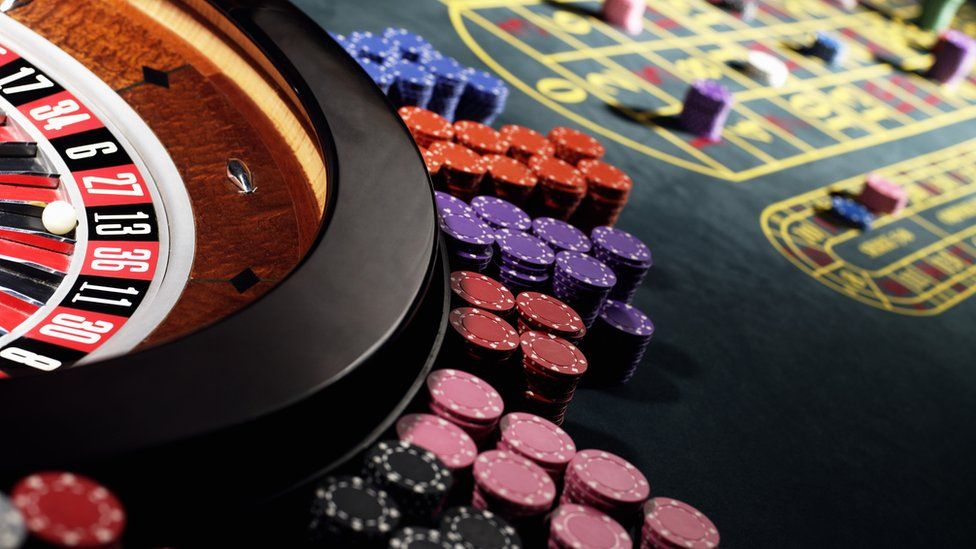
Gambling games have captivated enthusiasts for centuries, drawing them into a world of adventure, luck, and wealth. From the flashing lights of slot machines to the tactical action of poker tables, these activities offer a special combination of entertainment and risk. However, underneath the facade of this glamour and style lies a intricate connection of calculations that influences every result and decision made within the gambling establishment.
Grasping this relationship between gaming activities and math not just enhances the player’s journey but also can help players make informed decisions. Whether you are a occasional player or a avid fan, recognizing the mathematical principles at play can provide insightful knowledge into likelihood, probabilities, and approaches, finally affecting how one tackles these games of chance.
Arithmetic Probability in Gambling
In the sphere of gambling games, statistical likelihood plays a crucial role in determining outcomes and guiding player decisions. Each activity has a distinct set of rules and a specific probability model that influences its dynamics. For example, in activities like roulette, players must grasp the chances of choosing a certain digit or shade. The probability of certain events occurring can be computed, and this understanding can significantly influence betting strategies.
Gambers also need to be informed of the casino edge, which is the statistical benefit that gambling establishments hold over players in the long term. This advantage varies across various games. In blackjack, expert players can use strategies to lower the house advantage to as little as 1 %, while in activities like slots, the house edge can be substantially larger. Comprehending the house advantage allows players to make wise decisions about which games to participate in and how much to wager.
Furthermore, probability is crucial in the principle of risk versus gain in betting. Every wager carries a specific risk factor, and players must consider the potential payout against that danger. Activities like poker require players to not only calculate the odds of their personal showing winning but also to assess the likelihoods of their rivals’ showings. By applying statistical principles to their gameplay, gamblers can improve their odds of success and engage more effectively in the exciting world of casino activities.
Anticipated Worth in Casino Activities
When discussing casino games, one of the fundamental concepts rooted in mathematics is the anticipated worth. This statistical measure helps gamblers grasp the possible outcomes of their bets over a period. In simple terms, anticipated value (EV) calculates the average amount a gambler can expect to win or suffer per bet if they were to play the activity many times. Each game has its unique EV, affected by the odds and the house edge, which indicates the advantage that the gambling establishment holds.
For example, think of a game like roulette. The anticipated value can be calculated based on the particular bet made. If a gambler bets on a single number, the return is 35 to 1, but the actual odds of winning that bet are 1 in 37 (in European roulette). Ga179 This leads in a negative anticipated value, indicating that, on the whole, players will incur a loss money over a period when playing this kind of wager. Grasping this idea allows gamblers to make more educated choices about which activities and wagers may be more favorable.
Moreover, the exploration of anticipated worth can lead to better money management. Gamblers who understand the math behind their games are often able to set practical expectations. By recognizing their potential deficits and gains, they can adjust their gambling strategies appropriately, which may improve their total gambling experience overall. As a consequence, anticipated worth serves as a crucial resource for both novice and seasoned players to navigate the frequently volatile nature of gambling games.
Tactics and Probabilities: The Arithmetic Behind Winning
In casino games, grasping the chances is vital for participants seeking to enhance their opportunities of winning. Each contest has its own unique set of odds that determine successful performances, and these numbers are often presented in the rules of the game regulations or payout schedules. For case, in games like blackjack, participants can improve their chances through tactics such as counting cards, which depends on math principles to gain an advantage over the casino. By educating themselves with the odds, gamblers can make more knowledgeable choices on when to bet and when to quit.
Moreover, the principle of expected outcome holds a critical role in gaming tactics. Expected value determines the typical outcome of a stake over the long run, allowing participants to judge whether a specific stake is valuable taking. For example, video slots have a set return percentage, which can show the average profit a participant can expect on their stakes. By choosing games with greater expected values, gamblers can lessen the house advantage, maximizing their future winnings in the future.
In conclusion, successful participants often adopt a combination of chance and math strategy to boost their gaming experience. While chance is unpredictable, managing a wagering approach based on calculative ideas can lead to more favorable outcomes. By making use of techniques such as bankroll management and game selection, participants can utilize math to navigate the volatile nature of casino games, making the most of their efforts and resources at the tables.